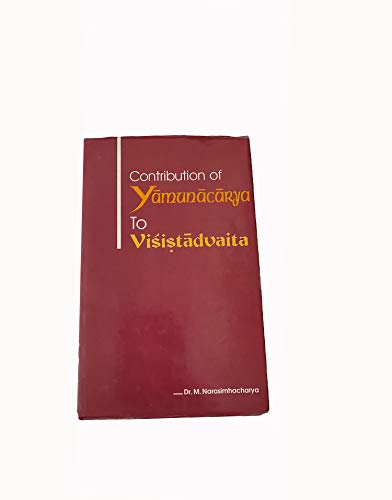2.60 Identification of unauthorised constructions on or after 16th June, 1992:
2.60.1 Bare Act Provision:
35B. Identification of unauthorised constructions on or after 16th June, 1992.―(1) The Director-General shall, within such time as may be specified by the Central Government, identify or cause to be identified, all constructions (of whatever nature) made on and after the 16th day of June, 1992 in all prohibited areas and regulated areas and, thereafter, submit from time to time a report in respect thereof to the Central Government.
(2) The Director-General shall, for the purposes of sub-section (1), have the power to call for information from the local bodies and other authorities.]
Footnote:
1. Ins. by Act 10 of 2010, s. 10 (w.e.f. 16-6-1992).
Section 35B of the Ancient Monuments and Archaeological Sites and Remains (AMASR) Act, mandates the Director-General to identify unauthorized constructions in prohibited and regulated areas and report findings.
2.60.2 Identification and Reporting of Unauthorized Constructions
As per Section 35B(1) of the AMASR Act, the Director-General of the Archaeological Survey of Bharat must, within a timeframe set by the Central Government, identify or arrange for the identification of all constructions e.g., buildings, structures, built on or after June 16, 1992, in prohibited areas i.e. within 100 meters of a protected monument and regulated areas i.e. within 200 meters after prohibited areas, without permission. The Director-General must periodically submit reports on these findings to the Central Government. This provision ensures proactive monitoring of unauthorized constructions near protected monuments to enforce compliance with the AMASR Act, protecting Bharat’s cultural heritage by identifying and addressing violations that could harm these sites.
2.60.3 Power to Call for Information
As per Section 35B(2) of the AMASR Act, to carry out the identification of unauthorized constructions, the Director-General can request information from local bodies e.g., municipal corporations and other relevant authorities e.g., state departments. This provision empowers the Director-General to gather necessary data from local and other authorities, facilitating effective identification of unauthorized constructions and ensuring coordinated enforcement to safeguard Bharat’s heritage sites.

Image credit: https://x.com/GemsOfINDOLOGY
Know more about Temple Laws ….




Pingback: AMASRA: 2.64 Section 39. Repeals and savings. – bharatlex-rinkutai.com
Pingback: AMASRA: 2.61 Section 36. Power to correct mistakes, etc. – bharatlex-rinkutai.com